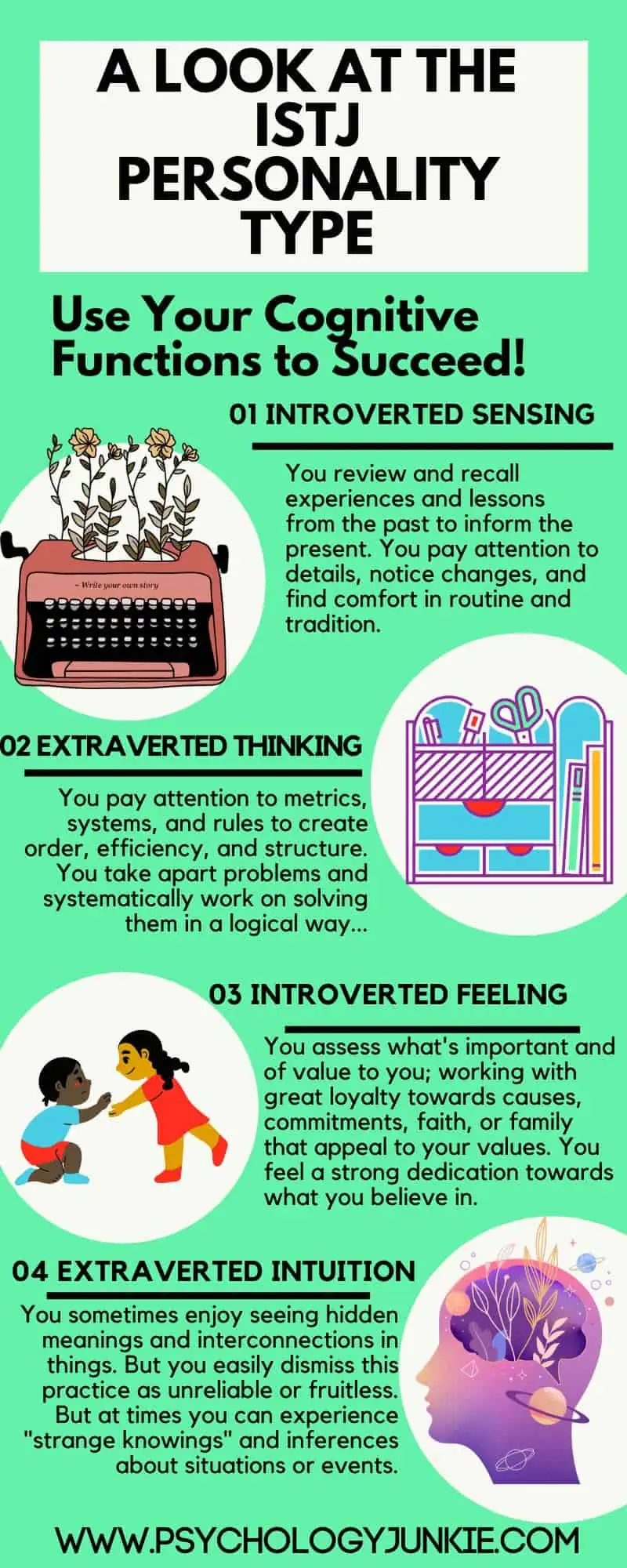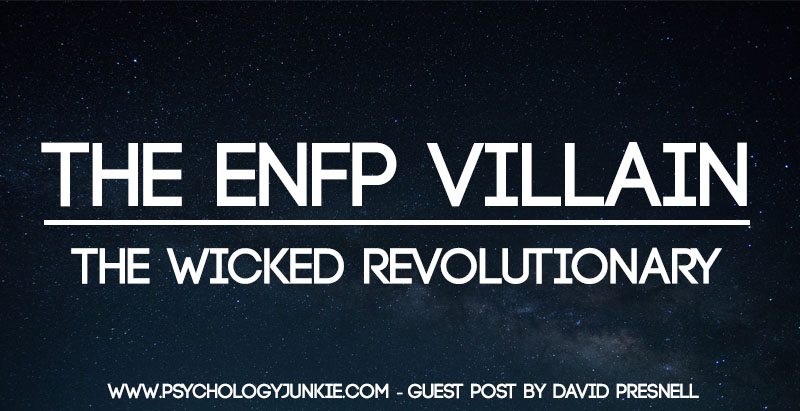Are ISTJs Rare? A Look at the Detective Personality Type
Have you ever wondered whether your personality type is rare or common? For those with the ISTJ personality type, this may be a question that comes up frequently. ISTJs are known for their practicality, reliability, and attention to detail. Often called “The Detectives” or “the Inspectors”, they have a keen sense of responsibility and a desire to make life more consistent, routine, and stable.
Not sure what your personality type is? Take our in-depth personality questionnaire here. Or you can take the official MBTI® here.

Table of contents
Estimated reading time: 5 minutes
Are ISTJs Rare?
According to the latest MBTI® Manual, ISTJs make up 15.9% of the national sample, making them the most common personality type. However, an older 2001 sample from Myersbriggs.org puts ISTJs at 11.6% of the national sample, making them the third most common personality type. So, the answer seems to depend on which data source you’re looking at. Regardless, it’s clear that ISTJs are fairly common.

Why ISTJs Feel Rare or Misunderstood
Even if ISTJs are one of the most common personality types, why do they sometimes feel rare? One reason could be that ISTJs don’t tend to draw attention to themselves. They are highly private individuals and tend to keep their feelings close to the chest. In a world that is increasingly focused on one’s social media profile, or the size of one’s digital network, ISTJs can feel a little underwhelmed and uninspired. As introverts, they can feel like the world around them is too loud, too shallow, or too fast-paced.
One thing that makes ISTJs unique is their dominant cognitive function: Introverted Sensing. Introverted Sensing gives ISTJs a profound knowing of the past and very particular impressions of experiences that have special meaning to them. They frequently review the past to draw on lessons in history, past experience, or fond memories to make decisions about the present. This ability can be a powerful resource for ISTJs in their personal and professional lives, but it is also a function that is very unique to the user.
One ISTJ may look at an apple tree and immediately recall the texture of the bark, the sensation of the crisp air, and the smell of the leaves. They may recall climbing an apple tree or remember the stories their grandfather used to tell them about this same exact tree.
Another ISTJ might look at an apple tree and be transported to Halloweens of childhood, celebrations where they bobbed for apples or went to an orchard and picked their own apples. They may immediately be reminded of the color, texture, and smell of apples or the costume they wore during one particularly favorite Halloween.
Memories for ISTJs are unique. Personal impressions are highly subjective. Each person, regardless of their personality type, has specific memories and nostalgic moments. But ISTJs are especially drawn to the world of the past. And they can recall in exquisite detail experiences that left an impression on them. And for each ISTJ, those experiences, and the impressions of them, will be different. These memories and their subjective impressions make each ISTJ quite a bit different from the next. And while they may look aloof and quiet on the outside, there is a rich inner world of memories, images, stories, and impressions that fills their hearts.
Traditions, routines, and rituals that ISTJs favor can also vary from one to the next. One ISTJ may commemorate holidays with certain traditions that are special to them, while another might avoid holidays because of the noise and commotion and create special solo routines that provide hallmarks for their year.
The Introverted Sensing function of the ISTJ ensures that each individual ISTJ is working off of a completely unique set of individual memories, stories, impressions, traditions, and routines that make them one-of-a-kind. And combined with that is the logic, common-sense, and organized nature that makes them so depended on in communities worldwide.
Famous ISTJs:
Despite their reserved and quiet nature, ISTJs have made significant contributions to a variety of fields throughout history. Some famous ISTJs include George Washington, the first president of the United States. He was widely known for his impeccable honesty and strong sense of duty. He led the country through some of its most critical moments with dignity and quiet strength.
Warren Buffett’s savvy investments made him one of the richest people in the world. Yet, he is known for his humble nature and his highly organized approach to managing his investments. He has an eye for detail and an insightful approach to investing that have earned him the nickname “The Oracle of Omaha”.
Peter Thiel co-founded PayPal and went on to become a prominent venture capitalist. On top of that, he formed the Thiel Fellowships, which offer grants to young entrepreneurs who want to pursue innovative technology projects. His dedication to innovation and the future of technology pairs perfectly with his consistent, organized approach.
Actor Morgan Freeman is an ISTJ as well. He has starred in numerous critically acclaimed films, always delivering powerful performances and a strong dedication to the craft of acting. Today whenever we hear his voice, we can be sure to expect the same kind of insight and wisdom he always brings.
Conclusion:
So, are ISTJs really rare? It depends on how you look at it. While they may be one of the most common personality types, they still have many one-of-a-kind qualities. And in a group of 100 people, you’re likely to only meet between 11 or 15 of them (or less, because they avoid groups or crowds). Additionally, ISTJs may feel rare due to their reserved and introverted nature. In a fast-paced, loud world, ISTJs can often feel out of place. Yet, that very quality has allowed so many famous ISTJs to accomplish amazing things and make lasting contributions to our society.
Other Articles About ISTJs:
7 Things ISTJs Experience in Childhood
12 Amazing Fictional ISTJ Characters
24 Signs That You’re an ISTJ, the Detective Personality Type
References:
MBTI® Manual for the Global Step 1™ and Step II™ Assessments by Isabel Briggs Myers, Naomi Quenk, Mary H. McCaulley, Allen L. Hammer – 4th edition (The Myers-Briggs Company, 2018)
Subscribe to Our Newsletter

Want to discover more about personality type? Get the inside scoop with Susan Storm on all things typological, along with special subscriber freebies, and discounts on new eBooks and courses! Join our newsletter today!














I’m going to Google Settlers of Catan. I love games.
I didn’t know i am a ISTJ but it’s the Rarest i am happy i found it i found my personality in science test
I’ve always felt like I’m a bit of an outlier in my social circle, and reading this article really resonated with me. The idea that ISTJs are uncommon and can sometimes feel like inauthentic ‘contributors’ really hit home. I love how you broke down the traits of ISTJs and how they interact with others. As an ISTJ myself, it’s been so helpful to recognize and understand my tendencies and quirks. Thank you for sharing your insights!